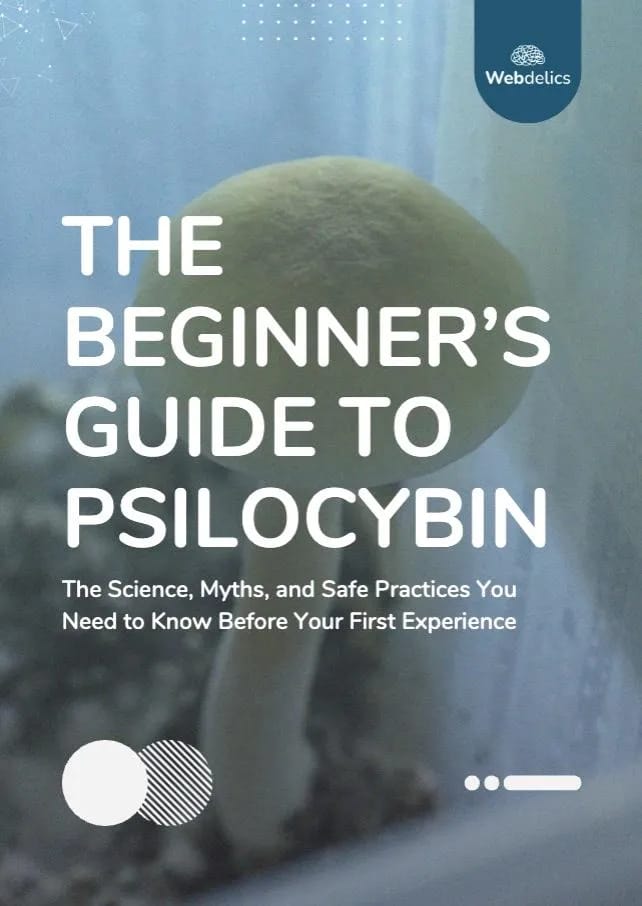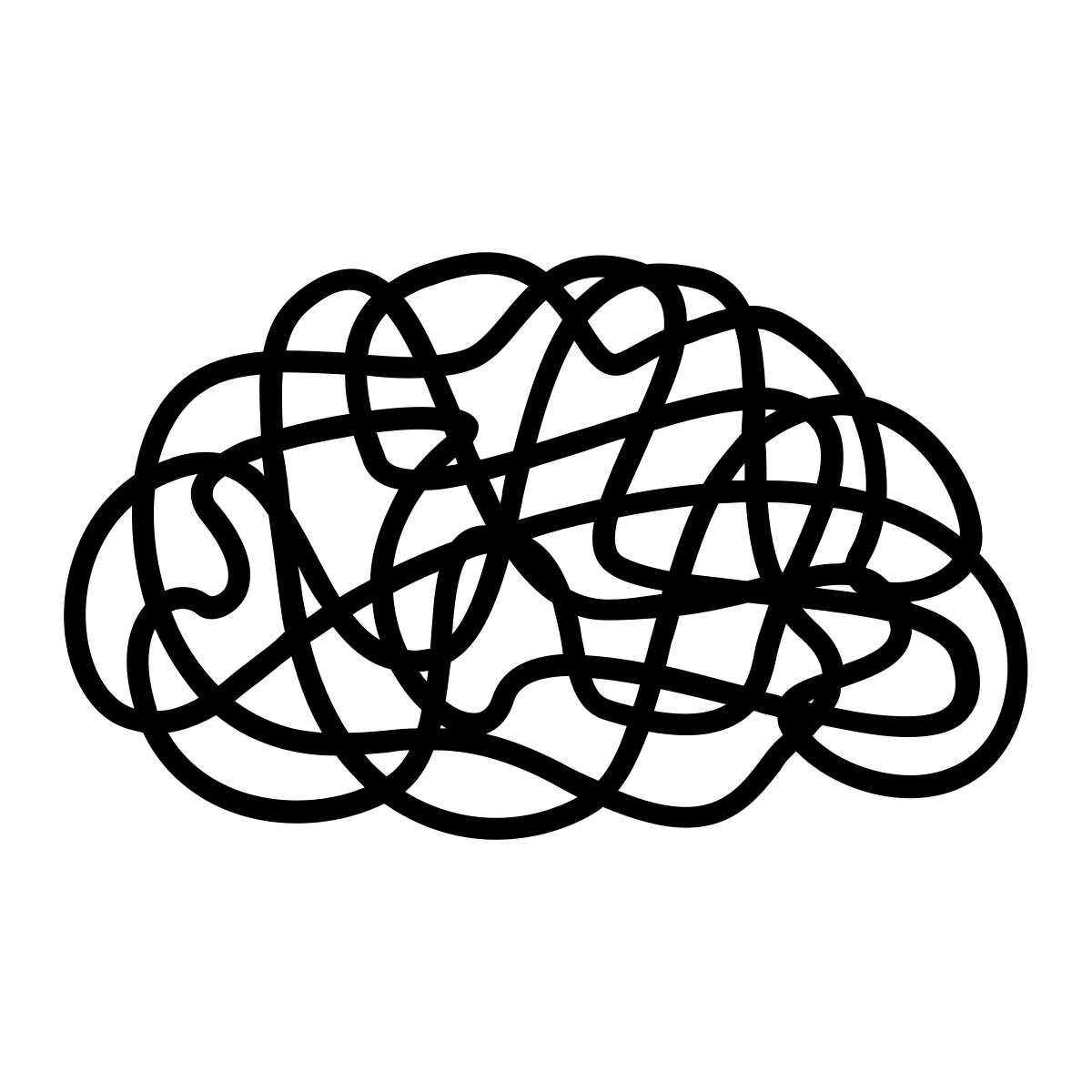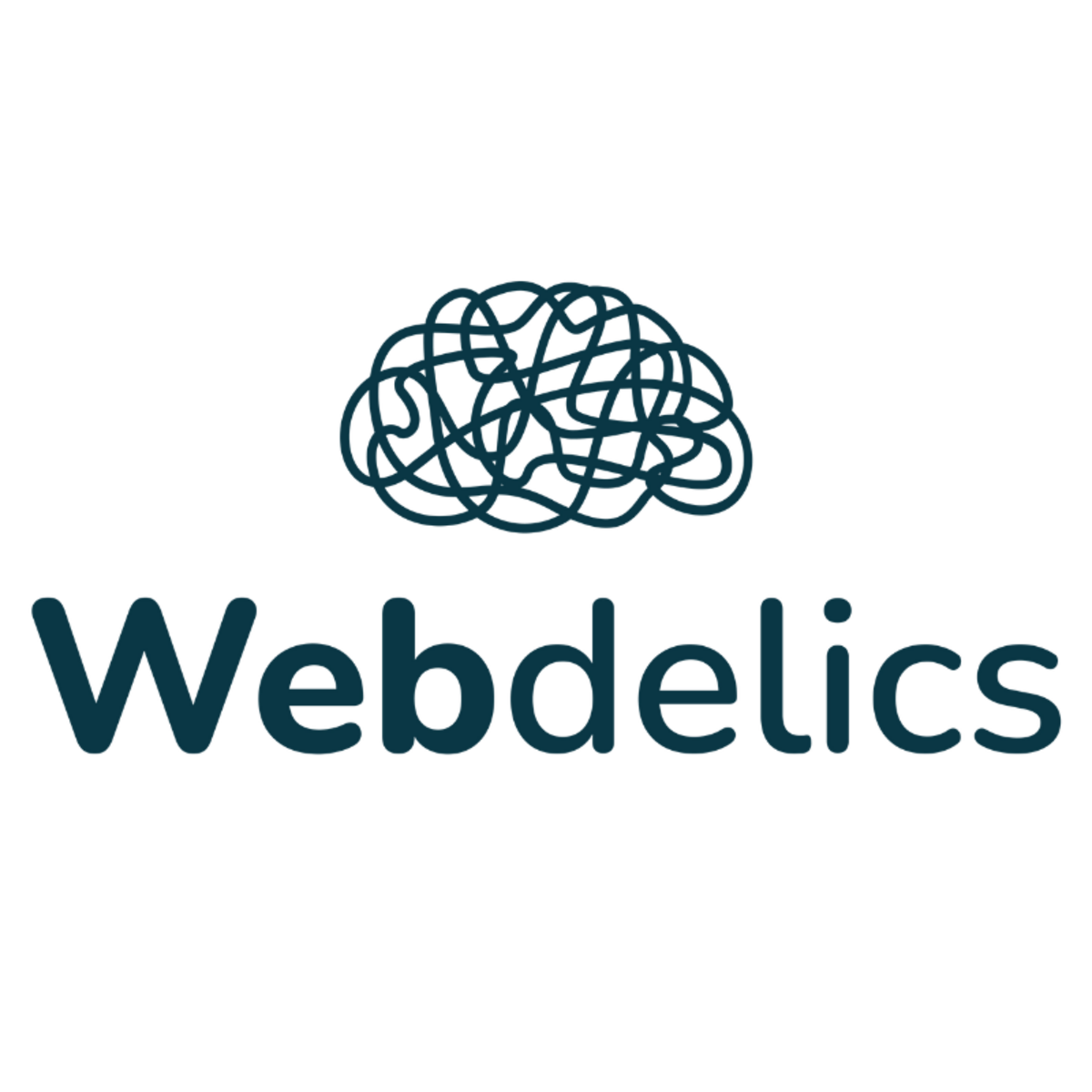
Explore the World of Plant Medicine and Psychedelics. A Weekly Digest of Exclusive Stories, Insights, and Research.

Welcome to this week’s edition of The Guide ⚡
Today’s newsletter takes about 5 minutes to read—so if you’ve only got 60 seconds, here’s what you need to know:
Psilocybin has been used for millennia. It’s been used for healing, divination, and community rites by cultural and religious groups throughout the world…
Drug policies in the 60’s froze research and progress. The infamous MK-Ultra project and Nixon’s hard stance on psychedelics stopped this movement right in it’s tracks…
Psilocybin has significant potential for healing. Studies show efficacy for PTSD, anxiety, treatment-resistant depression (TRD), OCD, addiction, and even neurodegenerative disorders…
This week’s podcast episode… Features the brilliant Beth Weinstein discussing how psychedelics are officially entering the board room and changing the way leaders optimize their minds and companies…
🤌 This week’s edition is all about psilocybin and the long, wild, and twisted journey it’s taken to get here…
Buckle up!
🧠 The Webdelics Team
👋 New here? We do this every week… Join Us!

🍄 What Are You Waiting For?! Download Our Free Beginners Guide to Psilocybin!

🍄 This week’s newsletter is all about psilocybin, the history, and it’s ancient uses that have formed the foundation of psychedelic therapy as we know it today…
So if you’re looking for more, check out our Beginner’s Guide to Psilocybin, where we break down the essentials of psilocybin to give you the foundation and knowledge to understand why so many people are interested in it’s therapeutic benefits and potential healing capacity.
✍ This guide is written in clear, accessible language, and designed to help you explore psilocybin safely, with evidence-based, research-backed information…
🔻 Download now for free and take the first step in your psilocybin journey.

🎧 The Webdelics Podcast

🎙️ Business coach and psychedelic advocate Beth Weinstein joins Scott Mason to unpack how psychedelics, when paired with somatic practices, NLP, and even intentional play, can take profound insights and create long-lasting, real-world changes in your professional life.
Together, they bust the “quick fix” myth of plant medicines and emphasize how integration is the cornerstone of sustainable growth for entrepreneurs and seekers alike…
✨ Additional Key Takeaways Include:
Integration > peak moments, because real change happens after the experience…
Blending different tools can help translate insights into action, but not all tools are created equally…
Humility is needed in all aspects of life, because there is no one-size-fits-all path towards healing…
❤ Beth gave us some hidden gems in this episode that will change the way you look at psychedelics and plant medicine…
🎧 Click below for the full episode!

📜 The “Must Read” For The Week
Magic Mushrooms - From Ancient Rituals to Modern Day Scientific Breakthroughs
Disclaimer: This information is for education and harm reduction only. Psilocybin is currently a Schedule I substance, which means it’s illegal to use in the US, outside of specific local and state jurisdictions. This is not medical advice. If you have health questions, consult a qualified clinician.
For millennia, psilocybin-containing “magic mushrooms” have been used for healing, divination, and community rites by cultural and religious groups throughout the world…
Early Mesoamerican traditions (including Mazatec curanderos) honored the mushrooms (Teonanácatl, “God’s flesh”) as sacred medicine, with groups of scholars interpreting Spain’s Selva Pascuala rock art (~4000 BCE) depicting psychoactive mushrooms.
Today, a new wave of careful science is testing psilocybin’s therapeutic potential for treating an array of mental health disorders like depression, anxiety, PTSD, and addiction, all while emphasizing proper practices of ethics, preparation, and integration.
🗝 Where We Started vs. Where We’re Going…
Indigenous practice seeded the West’s 20th-century “discovery,” from R. Gordon Wasson’s 1955 ceremony with María Sabina to Albert Hofmann’s isolation of psilocybin in 1958, and the Harvard Psilocybin Project’s bold (and controversial) inquiries in the early 1960s…
Unfortunately, public backlash and drug policy changes during the Nixon administration’s “War on Drugs” froze all clinical and elemental research for decades, before an early 2000s-to-present revival occurred under new movements focused on rigorous clinical standards for testing and assessment.
Luckily today, studies continue to pour into databases and journals, highlighting the recent discoveries and exciting opportunities that lie ahead for it’s clinical and therapeutic uses…
🔬 What The Latest Data and Science Says
Major Depressive Disorder (MDD) and Treatment-Resistant Depression
Psilocybin-assisted therapy has shown robust antidepressant effects, with studies indicating large effect sizes both in the short and long term. The therapeutic benefit appears to be sustained for weeks to months after a single dose when combined with psychotherapy.
Obsessive-Compulsive Disorder (OCD) and Related Disorders
Recent systematic reviews and clinical trials have demonstrated rapid and sustained reductions in OCD symptoms after a single dose of psilocybin, with effects persisting for weeks in both clinical and validated animal models. Psilocybin also shows potential promise for body dysmorphic disorder and other compulsive behaviors.
Addiction & Substance Use Disorders (SUD)
Psilocybin is being studied for substance use disorders, including alcohol and tobacco dependence, with evidence suggesting it can reduce cravings and support long-term abstinence.
Post-Traumatic Stress Disorder (PTSD)
While MDMA is more prominent in PTSD research, psilocybin is also being explored for its potential to alleviate trauma-related symptoms, especially in combination with psychotherapy.
Neurodegenerative Disorders
Suicide Prevention
Molecular studies suggest psilocybin may modulate serotonergic synapse and calcium signaling pathways, potentially reducing suicidal ideation and improving global mental health.
Cancer-Related Anxiety and Mental Distress
In a randomized, double-blind trial, a single high-dose psilocybin session produced large and sustained reductions in depression and anxiety among patients with life-threatening cancer, with benefits lasting weeks and even months following treatment.
Major Depression - Psilocybin vs. SSRI’s
In a head-to-head phase-2 trial, two psilocybin-assisted therapy sessions performed similarly to six weeks of daily escitalopram (SSRI) on primary depression scores and outcomes, with some secondary measures favoring psilocybin.
🧳 The true journey of psilocybin has been a long and winding road, where psilocybin now currently sits at the crossroads of culture, consciousness, and clinical care.
It’s imperative to respect the indigenous knowledge of this compound, while insisting on rigorous, patient-centered scientific research to guide us towards a more prosperous and ethical future with psychedelics.
👉 Subscribe to The Guide for evidence-based takes on psychedelics, research, and integration tools—delivered weekly to your inbox.

💬 Our Why…
This week’s invitation is simple:
🧭 Knowledge is useless without application…
Whether you’re catching our latest conversation with Beth Weinstein, breaking down the latest research about psilocybin, or skimming our Beginner’s Guide to Psilocybin, our goal will always stay the same:
Webdelics is here to give you clear, evidence‑based information so you can take safer steps and make informed decisions about plant medicines and psychedelics.
📩 If something in this week’s newsletter helped you see more clearly, all we ask is that you forward this to one friend who’d appreciate it too.
Have questions, corrections, or topics you want us to unpack next? Hit reply so we can get your feedback…
Stay curious, stay kind, and stay hungry for knowledge…
🧠 The Guide - by Webdelics
Disclaimer: Webdelics does not support or promote any illegal activities, including the use of substances that may be mentioned in this newsletter. We encourage all readers to familiarize themselves with and adhere to the laws in their region. Please note that Webdelics does not offer mental health, medical, or clinical services and should not be used as a replacement for professional medical, psychological, or psychiatric care, diagnosis, or treatment.



